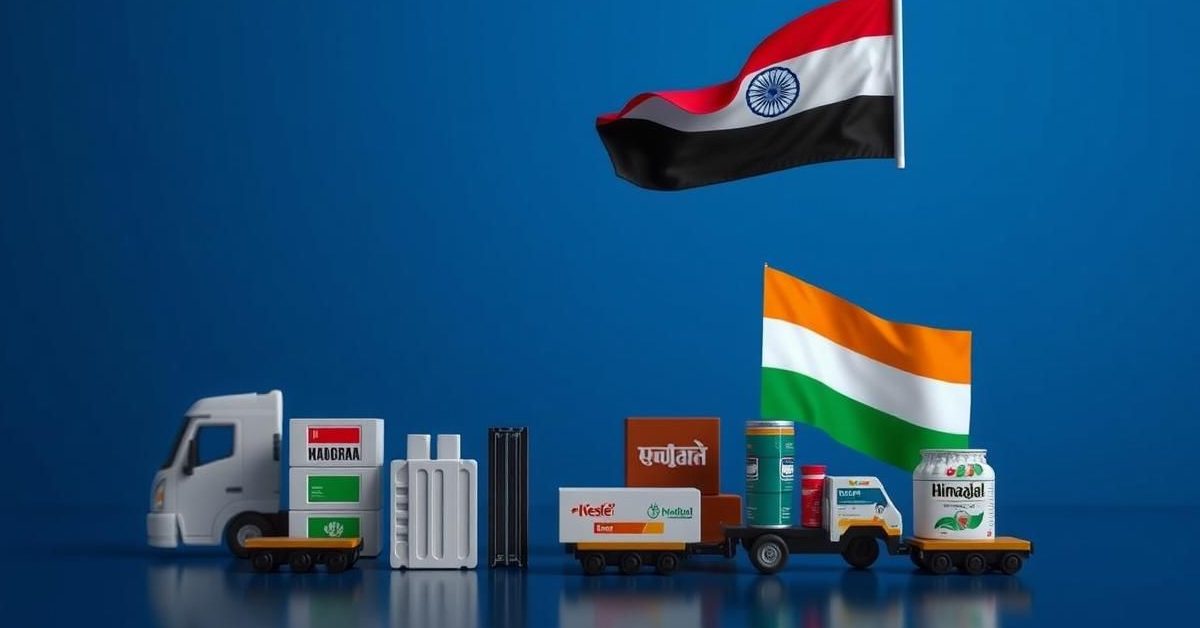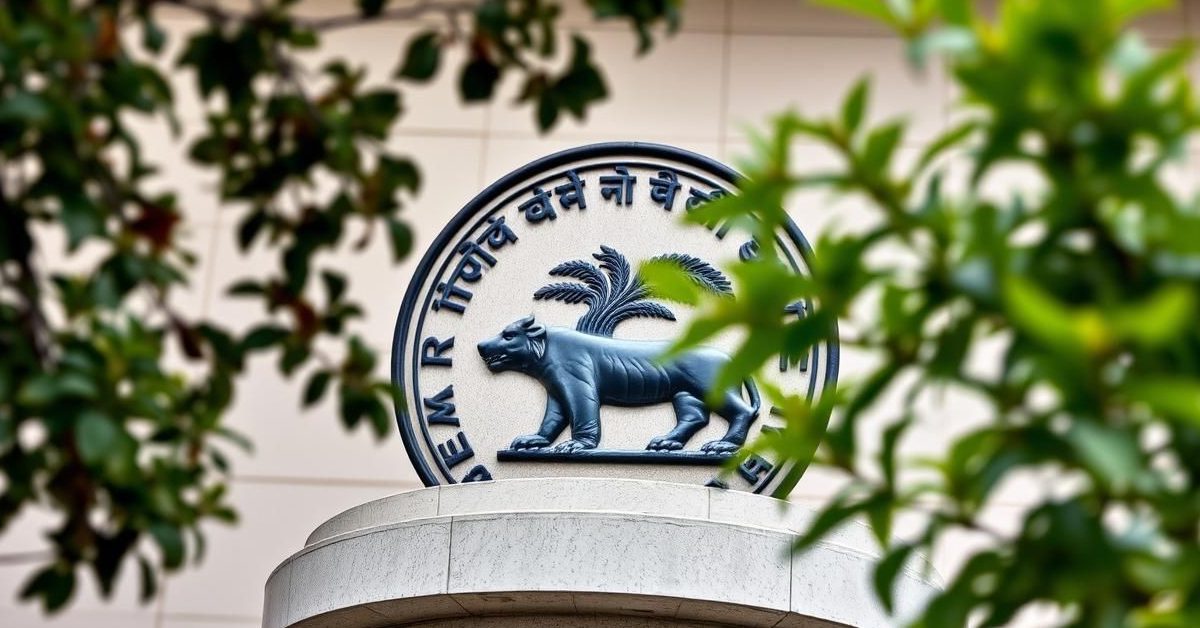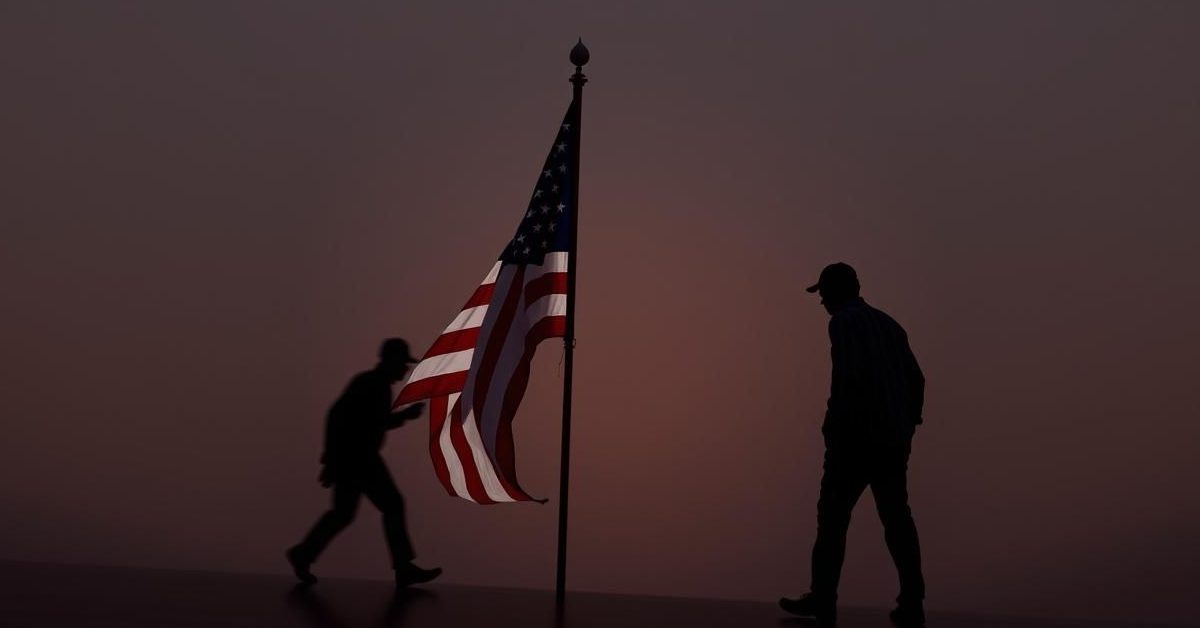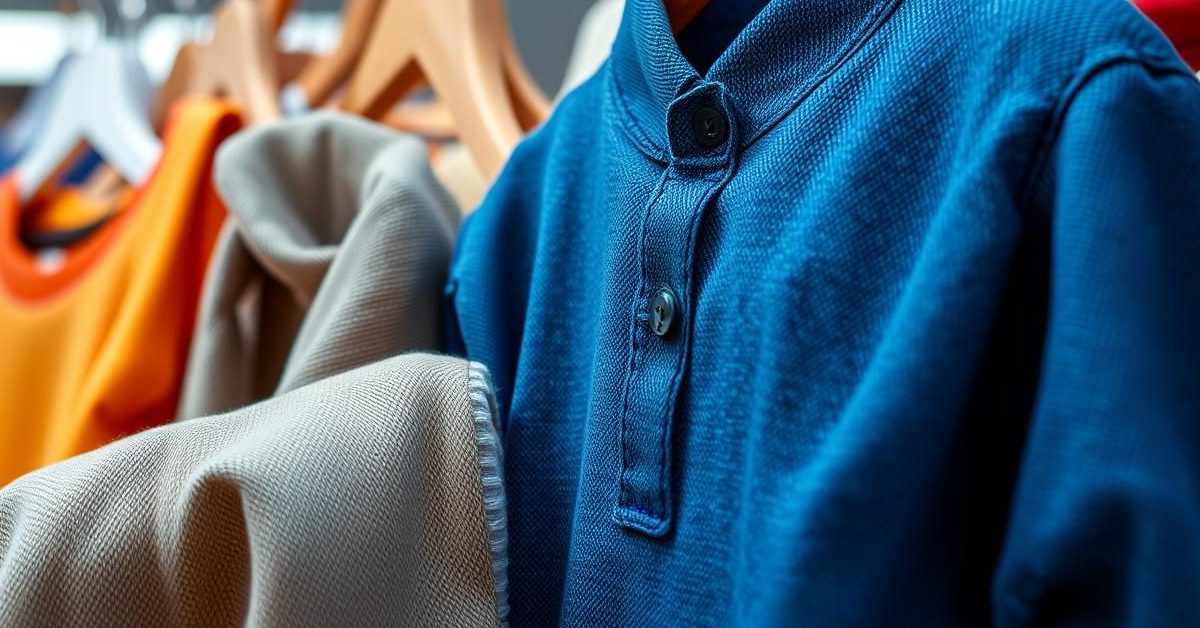Seven major Indian companies – Haldiram, Sun Pharma, Nestlé, Cipla, Patanjali, Hindustan Unilever, and Himalaya Wellness – are behind a significant 14 percent of all Indian food, drug, and cosmetic shipments rejected by the US Food and Drug Administration (FDA) since October 2020.
Rising Red Flags for Indian Shipments
The US FDA has refused entry to 4,089 shipments from India in the current US fiscal year (FY25), which began in October 2024. This number has already surpassed the total 3,648 refusals seen in the entire FY24, indicating a concerning trend.
Overall, India accounts for 17 percent of all US FDA refusals this fiscal year, making it the second-highest country for rejections after Sweden. The refusal rate for Indian shipments across all categories has also climbed, from 0.21 percent in FY22 to 0.36 percent so far in FY25.
Food Products Under Scrutiny
Food products make up the largest share of rejections, accounting for 55 percent of all US FDA refusals since October 2020. Haldiram Snacks Food leads this category with 731 shipments containing its products denied entry.
A staggering 94 percent of Haldiram’s rejections happened in FY24 and the ongoing FY25. The company’s refusal rate jumped significantly, with most rejected consignments being snack foods like fried items. Reasons cited included alleged unsanitary manufacturing conditions and the presence of salmonella, a harmful pathogen. Haldiram and its investor Temasek did not comment.
Nestlé India is another major player facing issues, with 300 of its noodle shipments rejected. These rejections were primarily due to misbranding, mislabeling, or the presence of unsafe additives or “filth.” While the US FDA data lists Nestlé India, a company spokesperson stated that these exports were not made by Nestlé India and that they have had no recent refusals.
Pharma Giants Facing Challenges
The drugs and biologics category represents 39 percent of all refusals. Sun Pharma has seen 335 of its shipments rejected since October 2020, mostly for exporting unapproved drugs or failing to meet good manufacturing standards.
The US FDA issued a warning letter to Sun Pharma in June 2025 following an inspection of its Dadra facility, citing “significant violations” of manufacturing regulations. Cipla also recorded 244 rejections, mainly for unapproved drugs, and received a similar warning letter from the FDA in November 2023. Both companies did not respond to requests for comment.
Cosmetics and Wellness Under the Lens
While cosmetic shipments account for a smaller 3 percent of total refusals, Patanjali Ayurved shows a high refusal rate of 11 percent since FY22. Nearly 20 percent of all India-origin cosmetic shipments refused since October 2020 contained Patanjali products, including shampoos, toothpastes, and hair tonics.
Common reasons for these rejections include the use of unsafe color additives, unapproved ingredients, and labeling violations. Patanjali has also faced rejections in the drug and food categories.
Hindustan Unilever and Himalaya Wellness have also seen 51 and 54 shipment rejections, respectively. Their products were largely flagged for unsafe color additives or unapproved drugs. These companies also did not provide comments.
- Seven major Indian brands account for 14% of all US FDA refusals of Indian goods since October 2020.
- The total number of refused Indian shipments in FY25 has already exceeded FY24’s count.
- Haldiram leads in food rejections due to unsanitary conditions and salmonella.
- Sun Pharma and Cipla face issues with unapproved drugs and manufacturing standard violations.
- Patanjali is a top concern in cosmetics, cited for unapproved ingredients and labeling issues.
This growing scrutiny from the US FDA highlights the need for stringent quality control and adherence to international standards for Indian exporters across all sectors.














